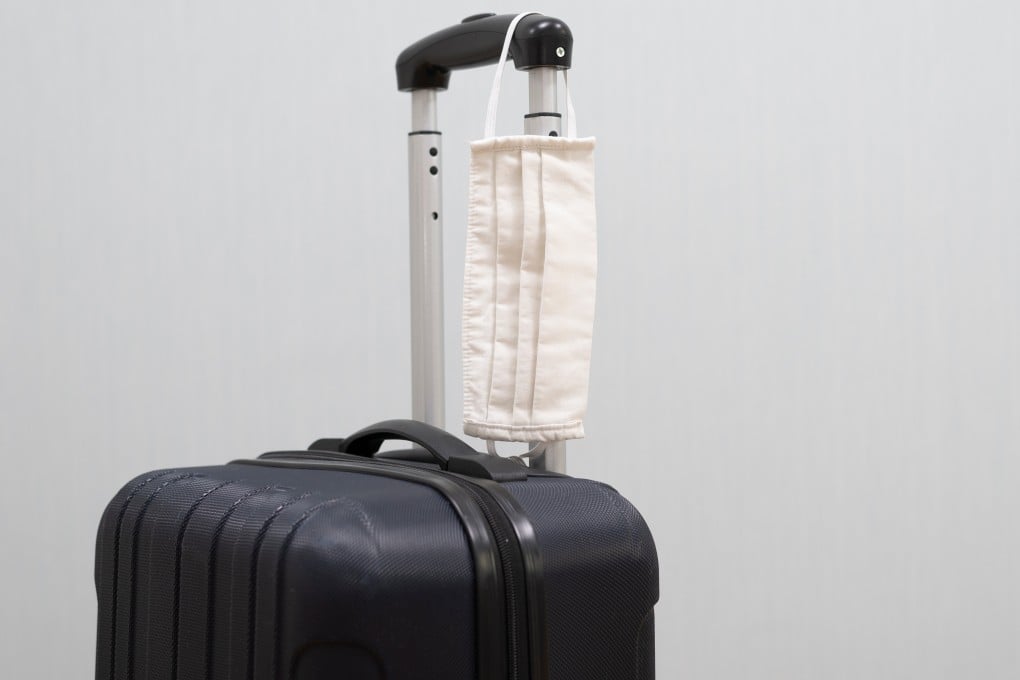Advertisement
Covid surge prompts calls for return of masks in Singapore, airport scanners in Indonesia
- Covid cases in Singapore jumped to 32,035 in the week that ended on December 2, up considerably from the previous week of just over 22,000
- Meanwhile, Indonesian officials reinstalled thermal scanners at some border check points, include Jakarta’s main international airport and Batam’s ferry terminal
Reading Time:2 minutes
Why you can trust SCMP
1

Governments across Southeast Asia are bringing back measures to limit a rapid resurgence of respiratory infections such as Covid-19, including installing temperature scanners at airports and encouraging people to wear masks again.
The goal is to slow the spread of a variety of germs, as a confluence of Covid, flu and other respiratory pathogens may set off wider outbreaks that ultimately stretch healthcare systems.
But it can be a fraught process, with the public highly attuned to the risk of draconian measures, which were put in place early in Asia at the start of the pandemic in 2020 and which lasted for much longer than in other parts of the world, coming back.
The increase in cases could be due to a number of factors, including waning population immunity and increased travel and community interactions during the year-end travel and festive season
Signs of that tension emerged earlier this week when Singapore’s Deputy Prime Minister Lawrence Wong took to Facebook to say there had been “misinformation circulating on various networks that the government is looking to reinstate a circuit breaker”.
“These are all falsehoods,” he said.
Covid cases on the island nation, or at least the ones that have been reported, jumped to 32,035 in the week ended December 2 from just over 22,000 the previous week, according to Singapore’s health ministry.
“The increase in cases could be due to a number of factors, including waning population immunity and increased travel and community interactions during the year-end travel and festive season,” the Ministry of Health said in a statement. Cases involving the JN.1 variant, a sublineage of BA.2.86, currently account for around 60 per cent of Covid cases in Singapore.
Advertisement